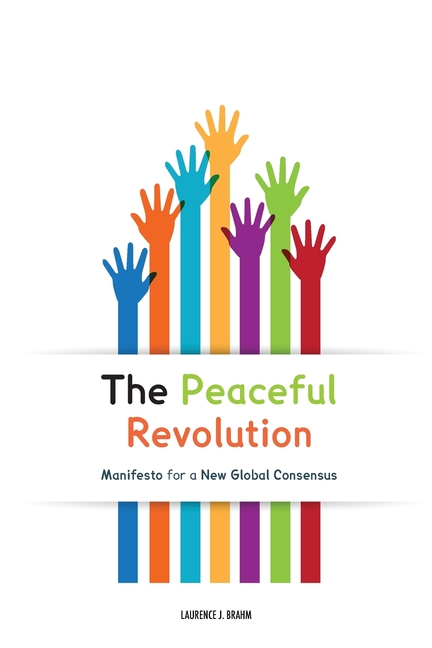
The Peaceful Revolution: Manifesto for a New Global Consensus
(Depends on publisher)
Alternative models for grass roots economic development such as micro-financing are now being widely adopted in Bangladesh, India, Pakistan and elsewhere. New views on measuring development such as GDH (gross domestic happiness) have been adopted by Bhutan rather than GDP, and China's own hybrid approach combining market and planned policy to achieve economic transformation offer new choices for developing countries.
| Quantity | Price | Discount |
|---|---|---|
| List Price | $15.15 |
$15.15
Book Information
| Publisher: | Createspace Independent Publishing Platform |
|---|---|
| Publish Date: | 07/01/2015 |
| Pages: | 248 |
| ISBN-13: | 9781515182610 |
| ISBN-10: | 1515182614 |
| Language: | English |
Full Description
Alternative models for grass roots economic development such as micro-financing are now being widely adopted in Bangladesh, India, Pakistan and elsewhere. New views on measuring development such as GDH (gross domestic happiness) have been adopted by Bhutan rather than GDP, and China's own hybrid approach combining market and planned policy to achieve economic transformation offer new choices for developing countries. All of these are representative of a new wave of thinking that rejects the increasingly discredited policies of the IMF and World Bank.
It is easy to criticise the views of activists who take to the street every time the World Bank, IMF, WTO or World Economic Forum meet. However they are driven by hard concerns which are not calling for an end to globalization but a reorientation of what this means. They are challenging notions of accepted economic and business parlance, calling for fair trade rather than just free trade; balanced rather than fast growth; and protection of domestic cottage industries and with it ethnic diversification and social identity. In many respects the term is a misnomer. They are calling for fairer re-distribution of the fruits of globalization and a humane reduction of its side-effects through sensitivities to local conditional realities.
This book brings together the views of many of the world's leading thinkers in alternative policy studies. Their collective views represent a fascinating insight into a growing movement that is slowly but surely affecting the way the world does business.

